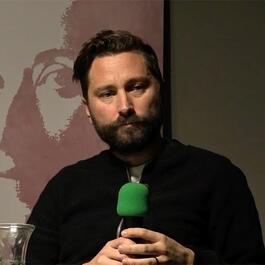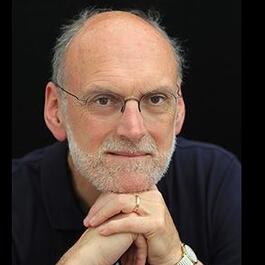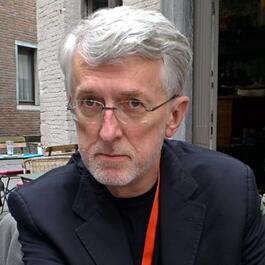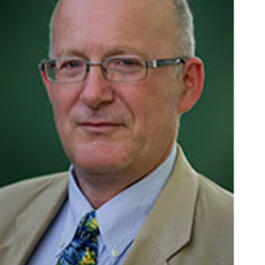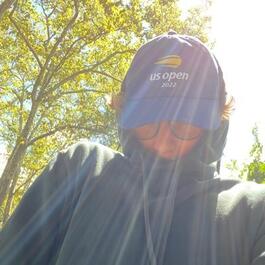
New Books in Early Modern History
Interviews with scholars of the Early Modern World about the new books
Show episodes

Violet Moller, "Inside the Stargazer's Palace: The Transformation of Science in 16th-Century Europe" (OneWorld, 2024)
In 1543, Nicolaus Copernicus declared the earth revolved around the Sun, overturning centuries of scholastic presumption. A new age was coming into view – one guided by observation, technology and logic. But omens and elixirs did not disappear from the sixteenth-century laboratory. Charms and potions could still be fou

Alice Hunt, "Republic: Britain's Revolutionary Decade, 1649–1660" (Faber and Faber, 2024)
Alice Hunt’s Republic: Britain’s Revolutionary Decade 1649-1650 (Faber and Faber, 2024) takes a chronological look at the current events, personalities, political struggles and cultural highlights of Britain’s short-lived but intense experiment in republicanism. From the deeply controversial execution of Charles I in J

Mark Somos, Matthew Cleary, Pablo Dufour, Edward Jones Corredera, and Emanuele Salerno, "The Unseen History of International Law" (Oxford UP, 2025)
The Unseen History of International Law (Oxford University Press, 2025) locates and describes almost one thousand surviving copies of the first nine editions of Hugo Grotius' De iure belli ac pacis (IBP) published between 1625 and 1650. Meticulously reconstructing the publishing history of these first nine editions and

Andreas Beyer, "Benvenuto Cellini and the Embodiment of the Modern Artist" (Reaktion, 2025)
Andreas Beyer joins Jana Byars to talk about his new book, Benvenuto Cellini and the Embodiment of the Modern Artist (Reaktion, 2025). Benvenuto Cellini was a murderer, thief, lover of all genders, rival of popes and princes, as well as an ingenious artist. In his legendary autobiography, the Vita, Cellini describes hi

Enrique Fernández and Darlene Abreu-Ferreira, "Death and Gender in the Early Modern Period" (Brill, 2024)
Enrique Fernández and Darlene Abreu-Ferreira, eds. Death and Gender in Early Modern Europe (Brill, 2024). In premodern Europe, the gender identity of those waiting for Doomsday in their tombs could be reaffirmed, readjusted, or even neutralized. Testimonies of this renegotiation of gender at the encounter with death is

David de Boer and Geert H. Janssen eds.,"Refugee Politics in Early Modern Europe" (Bloomsbury Academic, 2024)
David de Boer and Geert H. Janssen, eds. Refugee Politics in Early Modern Europe (Bloomsbury, 2024). This book is available as an open source publication here. Refugees have existed since ancient times but it was in the early modern era that they first became a distinct social and political category. This open access b
